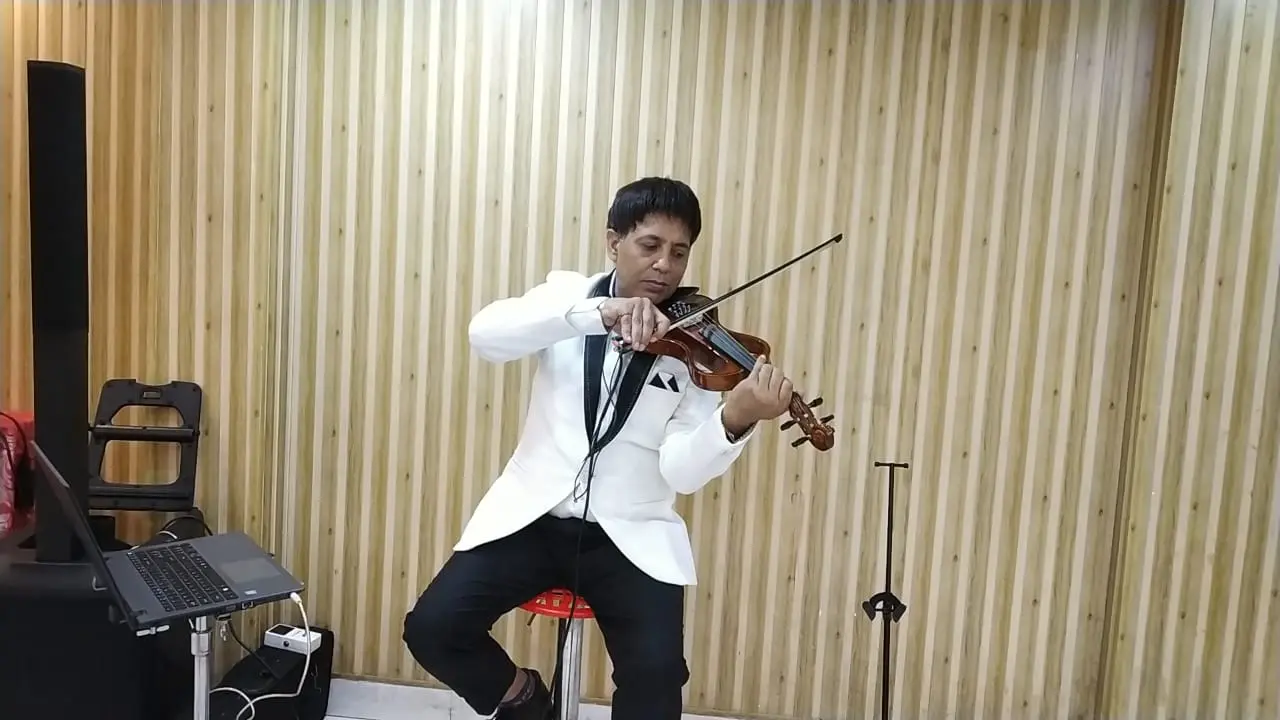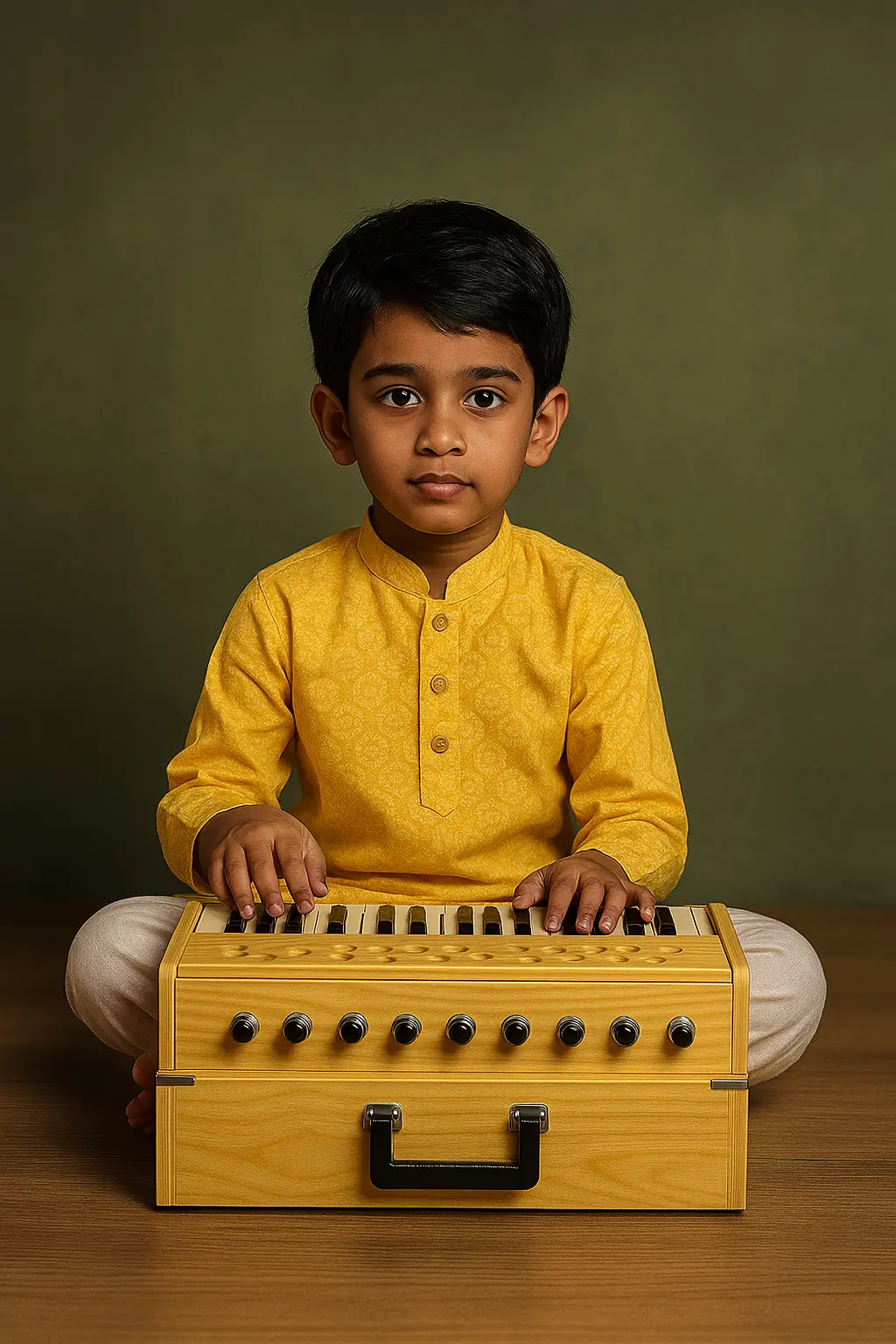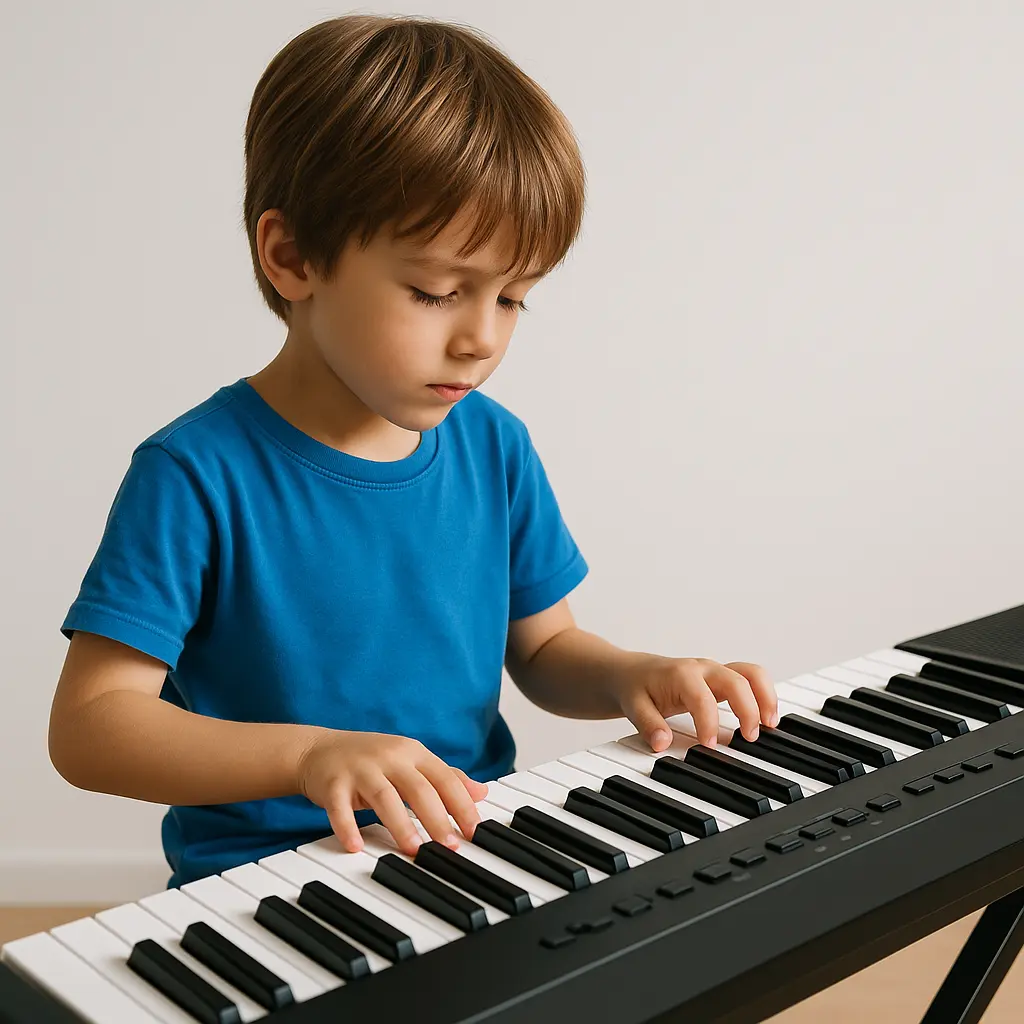
👉 Click here to read our other blogs: https://www.deckm.in/blog/blog-1
India is a land rich in culture, tradition, and history — deeply rooted in art and music. For centuries, music has been a part of our lives — whether it’s classical ragas, folk songs, or devotional bhajans. And yet, in today’s school systems, music and the arts are often sidelined — far behind subjects like mathematics, science, or English.
But why? Is it really fair to believe that music is just a hobby, a distraction — with no real contribution to a child’s future?
It’s time we seriously reflect on this question.
1. The Parental Mindset: “At least focus on your studies”
How often have we heard parents tell their kids:
“Will you do this all day? Why don’t you study a bit?”
This mindset is deeply ingrained — that if a child isn’t excelling in academics, their future is doomed. Music, painting, or dance are seen as mere “time-pass” activities, not serious pursuits.
Some parents go even further and mock their children’s interests:
“He’s always singing and playing instruments. What is he going to become, a clown?”
Words like these can deeply damage a child’s self-confidence. Over time, children begin to believe that music and the arts are not “real” paths — and that academics is the only way forward.
2. The Attitude of Schools: “Why were you late from music class?”
This mindset isn’t just limited to homes — it exists in schools too.
If a child spends a few extra minutes in a music class and shows up late for the next period, they are often scolded. Sometimes even humiliated in front of the whole class:
“You’re always wasting time in music. You’re not going to succeed in studies anyway.”
This is a double standard. If a student performs poorly in science or math, teachers encourage them to “work harder.” But if the same child shows genuine interest in music, they’re told it has no future.
3. Society’s Outlook: “What will you do with art?”
Our society still holds the belief that true success means becoming a doctor, engineer, lawyer, or government officer. Artists are rarely taken seriously — and that bias is reflected in the attitudes of both schools and parents.
Have we forgotten that artists are the mirror of society?
They express our joy and sorrow, emotions, and stories through melodies, colors, and words.
4. Why Balance Is Essential
Life is not just about academic knowledge. Art and music foster sensitivity, creativity, and self-expression in a child.
Children who engage with music often develop discipline, patience, teamwork, and emotional intelligence.
Music and the arts are also powerful tools for mental health — helping reduce stress, build inner peace, and bring balance to life.
5. A Call for Change
We need a shift in thinking — from both parents and educators. Every child has their own talent and interests. They deserve the freedom to grow in all directions — whether it’s science or sound, formulas or rhythm.
Schools should stop treating music and arts as “extracurricular” and start giving them a seat at the core of the curriculum.
Parents must be more mindful of their words and attitudes. Instead of ridiculing a child’s interest in music, they should support and encourage it.
Conclusion
Music and the arts are not inferior subjects. They add depth, joy, and meaning to life.
If we want our children to become balanced, thoughtful, and creative individuals, we must give as much importance to the arts as we do to academics.
Let’s begin this change — in our homes, in our schools, and in our mindsets.
Who knows — maybe this small shift today could pave the way for a child to become a great artist tomorrow.
👇 What’s Next?
Would you like me to write a follow-up blog on:
-
Career opportunities in music and the arts, so that parents can see how bright the future in these fields can be?
OR - A blog focused on practical ways to strengthen music education in schools?
Let me know, and I’ll be happy to write the next part!
👉 Click here to read more blogs: https://www.deckm.in/blog/blog-1


